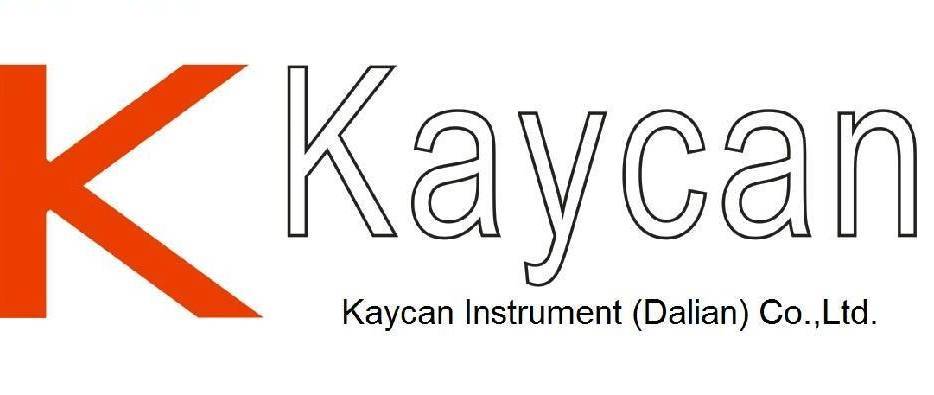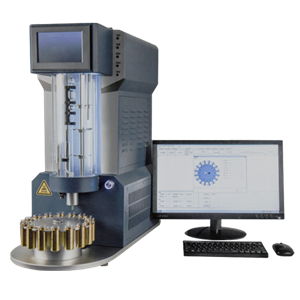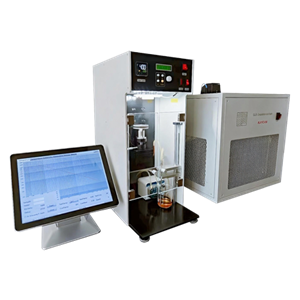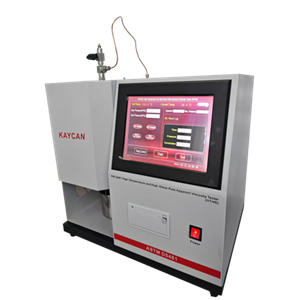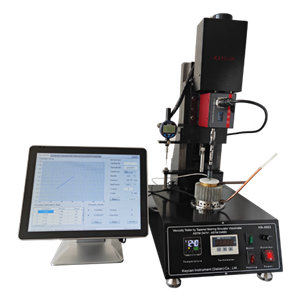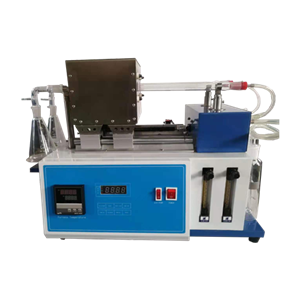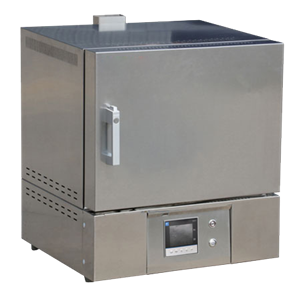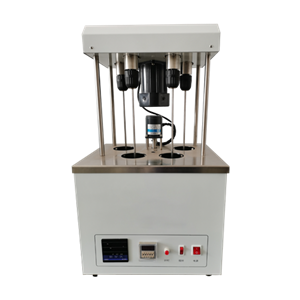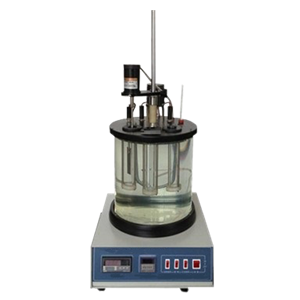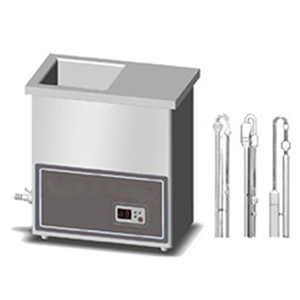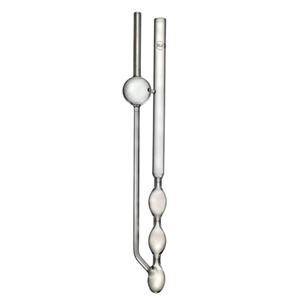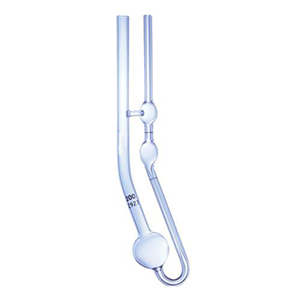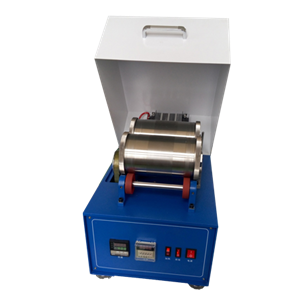-
ASTM D1551 Sulfur In Petroleum Oils Quartz Tube Method
this is a Withdrawn standard,most end user replace this tester with ASTM D4294 XRF test
Send Email Details -
ASTM D874 Sulfated Ash From Lubricating Oils And Additives
The sample is ignited and burned until only ash and carbon remain. After cooling, the residue is treated with sulfuric acid and heated at 775°C until oxidation of carbon is complete. The ash is then cooled, re-treated with sulfuric acid, and heated at 775°C to constant weight.
Send Email Details -
ASTM D665 Rust Preventing Characteristics Of Inhibited Mineral Oil
A mixture of 300 mL of the oil under test is stirred with 30 mL of distilled water or synthetic sea water, as required, at a temperature of 60 6 1°C (140 6 2°F) with a cylindrical steel test rod completely immersed therein. It is recommended to run the test for 4 h; however, the test period may, at the discretion of the contracting parties, be for a shorter or longer period. The test rod is observed for signs of rusting and, if desired, degree of rusting.
Send Email Details -
ASTM D1401 Manual Water Separability Of Petroleum Oils And Synthetic Fluids
This tester provides a guide for determining the water separation characteristics of oils subject to water contamination and turbulence. It is used for specification of new oils and monitoring of in-service oils.
Send Email Details -
ASTM D446 Full Automatic Viscometer Cleanser
This Ultrasonic capillary viscometer cleaner is used for cleaning the capillary viscometers,such as opaque, routine, Ubbelohde, or Pinkevitch viscometers.
Send Email Details -
Opaque Viscometer
Reverse flow type. Used to determine the kinematic viscosity of bitumen, distillation residues of opaque liquid asphalts, asphalt cements at 135°C and road oils at 60°C. Supplied complete with calibration certificate.
Send Email Details -
Routine Viscometer
The Cannon-Fenske Opaque Viscometer measures kinematic viscosity of transparent and opaque Newtonian liquids according to ASTM D445, ISO 3104 and ASTM D2170. Minimum sample volume is 12 mL. Minimum bath depth is 230 mm (9 in). Special constant viscometers are available at additional cost. This is a calibrated viscometer which include a certificate of calibration and instruction sheet. Uncalibrated viscometers are also available. Holders are sold separately.
Send Email Details -
ASTM D1831 Roll Stability Of Lubricating Grease
The roll stability test is widely used in specifications. Test results are significant insofar as they can show a directional change in consistency that could occur in service. No accurate correlation is established between the test resultsand shear stability in actual service.
Send Email Details
